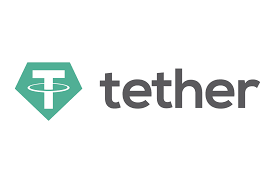Tether, the company behind the USDT stablecoin, has rejected a report by The Wall Street Journal (WSJ) alleging ties to entities that faked documents and used shell companies to gain access to the banking system.
According to leaked documents and emails reviewed by the WSJ, entities connected to Tether and its sister cryptocurrency exchange, Bitfinex, faked sales invoices and transactions to open bank accounts they may not have been able to open otherwise.
In a statement, Tether dismissed the allegations as “wholly inaccurate and misleading” and insisted that it has “world-class compliance programs”. The firm also claimed to be a proud partner with law enforcement and regularly assists authorities in the US and abroad.
Tether and Bitfinex’s alleged dealings to stay connected to banks and other financial institutions are outlined in the WSJ report, which could be an existential threat to their business.
The report suggests that Tether and Bitfinex’s China-based intermediaries attempted to circumvent the banking system by providing fake sales invoices and contracts for each deposit and withdrawal.
The report also accused Tether and Bitfinex of using various means to skirt controls that would have restricted them from financial institutions, and of having links to a firm that allegedly laundered money for a United States-designated terrorist organization, among others.
Despite the recent allegations of wrongdoing, Tether has downplayed the reports and insisted that it adheres to applicable Anti-Money Laundering, Know Your Customer, and Counter-Terrorist Financing legal requirements.
However, a person familiar with the matter told the WSJ that Tether has been under investigation by the Department of Justice in a probe headed by the US Attorney’s Office for the Southern District of New York. The nature of the investigation could not be determined.



